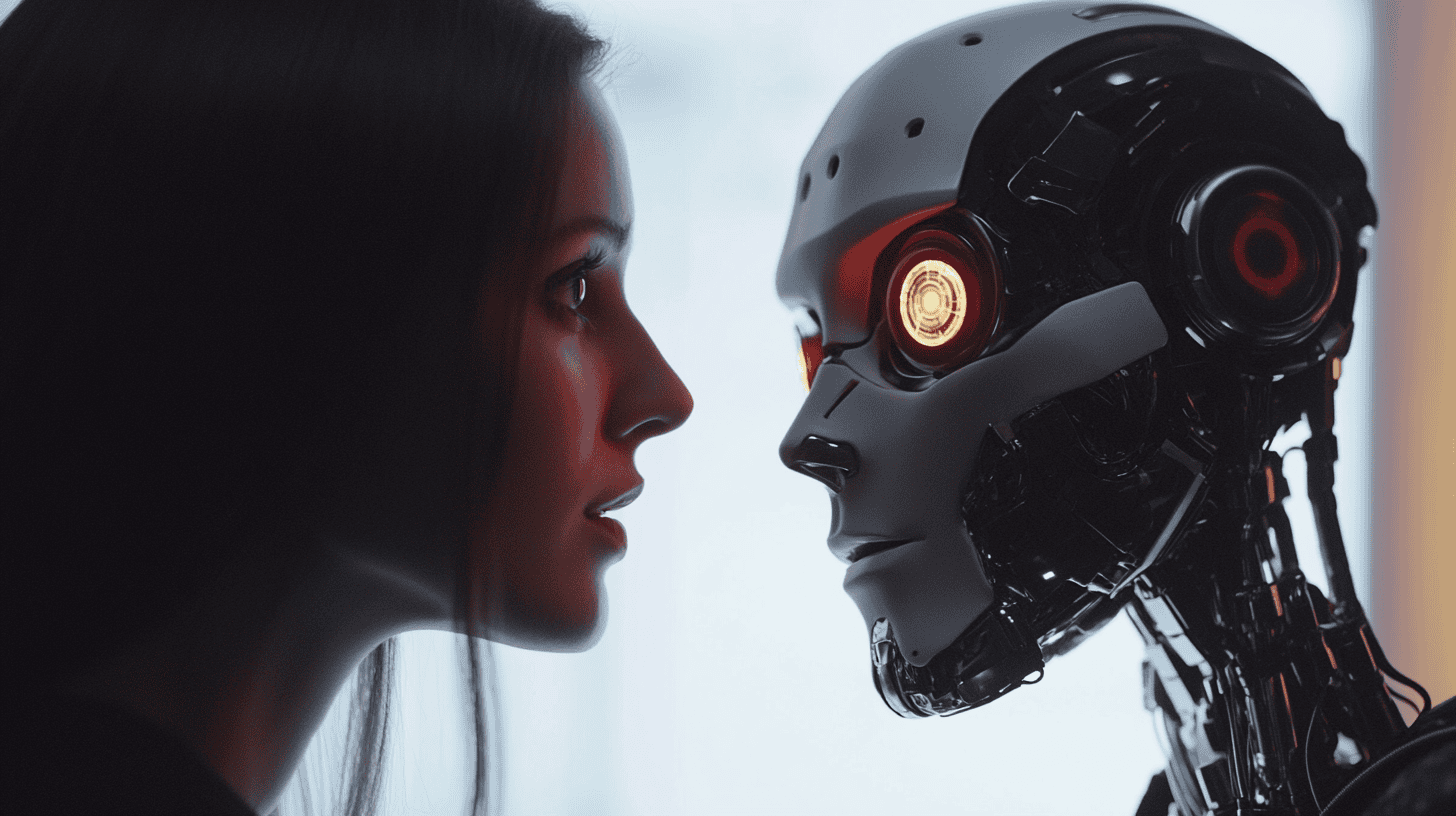
Imagine a chatbot that uses artificial intelligence to convince conspiracy theorists with facts. Sounds bizarre, but that’s what researchers actually found. In just eight minutes of chatting, belief in such wild theories decreased by 20%. From the moon landing hoax to the COVID conspiracy, the bot tackled them all. And the best part? Even after two months, the effect of the chat proved undiminished: the power of tailored counterarguments has an impact. AI as the torchbearer of truth; it seems that in the fight against fake news, a smart chatbot can be our best ally.
Why does this matter?
Artificial intelligence is usually associated with further spreading misinformation. This research shows that AI technology can actually be a powerful ally in the fight against fake news and disinformation.
The AI chatbot DebunkBot uses advanced language models such as GPT-4 Turbo to engage with users. The bot analyzes the conspiracy theories the user believes in and then offers factual counterarguments specifically tailored to the user’s individual beliefs. This personalized approach proves to be particularly effective in changing deeply held beliefs.
The study in detail
Researchers from MIT Sloan and Cornell University conducted a study with 2,190 participants who conducted text conversations with GPT-4 Turbo. The results, published in the journal Science on Aug. 7, 2024, showed an average 20% reduction in belief in conspiracy theories after interacting with the chatbot. This reduction persisted at a follow-up two months later.
“Even in a laboratory setting, 20% is a big effect on changing people’s beliefs,” said Yunhao (Jerry) Zhang, a postdoctoral fellow involved in the study. This percentage may seem small, but in the world of behavior change, it is a significant shift.
The power of facts
One of the reasons the chatbot is so effective is the accuracy of the information it provides. Researchers used a professional fact-checker to evaluate 128 claims made by the AI; 99.2% were true, 0.8% were misleading, and none were completely false. “It’s the facts and the evidence itself that really do the work here,” notes David G. Rand, professor at MIT Sloan.
What makes this study special is the long-term impact of the chatbot interactions. Two months after the conversations with the AI, participants still reported reduced belief in conspiracy theories. This suggests that the intervention is not just temporary, but can cause lasting changes in thinking.
Future applications
The possibilities for using AI chatbots such as DebunkBot are endless. Researchers suggest that these bots could be used in conspiracy theory forums and even in advertisements for relevant searches. This could help reach a wider audience and convince more people of the truth.
In an era of increasing disinformation, the AI chatbot offers a promising solution. By providing personalized, factual counterarguments, the bot can effectively reduce belief in conspiracy theories. This research shows that technology can be a powerful ally in the fight against fake news and disinformation.

